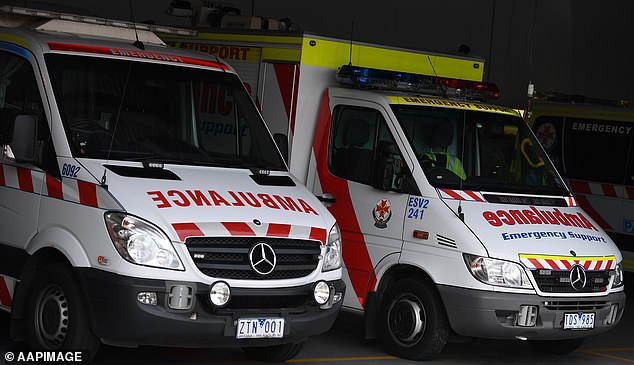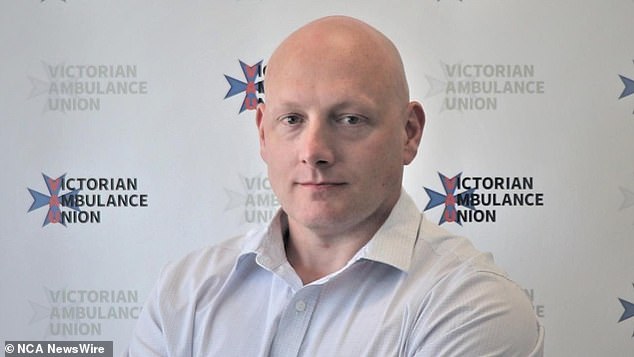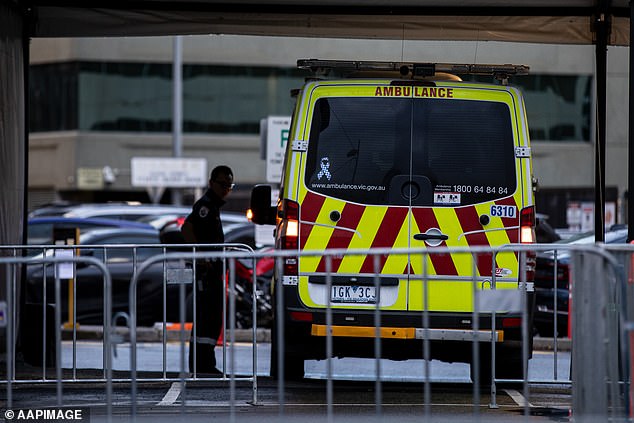- Elderly patient suffered a fall at 2 a.m.
- The paramedics did not arrive until 6 am.
- Due to limited resources
An elderly man has died after being forced to wait four hours for an ambulance in Melbourne’s west during what the paramedics’ union has described as a critical shortage.
Danny Hill, secretary of the Victorian Ambulance Union, said the 69-year-old Surrey Hills man could be heard screaming for help inside his home at about 2am on Saturday after a fall.
The union head told media that the man’s neighbors called for an ambulance, but due to limited resources, no team arrived at the home until about 6 a.m.
Mr Hill said the death was “incredibly sad” and devastating for the man’s family, as well as the call-out and paramedics who want to be able to help patients.
“But with resources so limited and the workload as it is, it has simply become impossible,” he told the Herald Sun.
You can never predict what would have happened if the paramedics had arrived sooner.
“But by all accounts he was screaming, so it is expected that the situation could have been very different if we had reached the gentleman in time.”
Mr Hill said 50 ambulance crews were out of service, or “stranded”, on Saturday night because a large number of paramedics were on sick leave.
An elderly man died after being forced to wait four hours for an ambulance (file image)
The result was that only 90 of the usual 120 crews were working the night shift across the state of Victoria that afternoon.
In a statement, Ambulance Victoria told Nine Papers the case was under review and the man’s death would be referred to the coroner.
“Our sincere condolences go out to the patient’s family at this sad time,” the agency said.
‘We would like to thank the community members who alerted triple 0.’
Ambulance Victoria went on to say that the health system was extremely busy due to seasonal illnesses.

Only 90 ambulance crews were working in Victoria early Saturday morning.

Danny Hill, secretary of the Victorian Ambulance Union, described the patient’s death as “very sad.”
“We have as many teams on the road as possible and our priority will always be to respond to the sickest and most urgent patients,” Ambulance Victoria said.
‘We use a dynamic operating model that reallocates resources as needed to minimize shift impacts.’


